|
Postdoctoral Research Fellow
Bio / Linkedin / Google Scholar / Github |

|
|
I'm interested in computer vision and machine learning. My research work revolves around unsupervised learning and domain adaptation. |
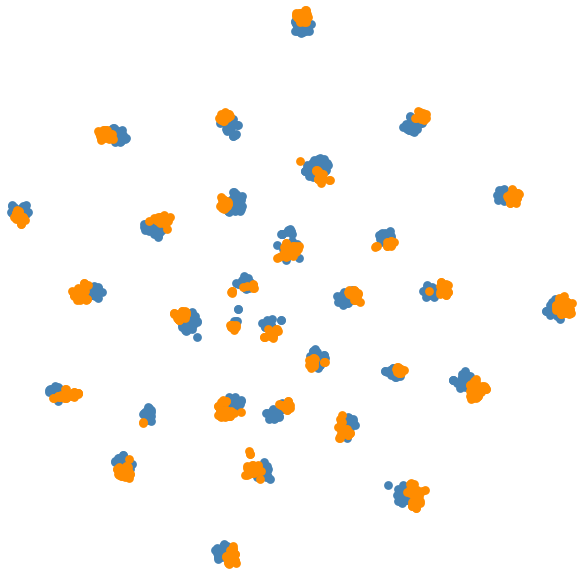
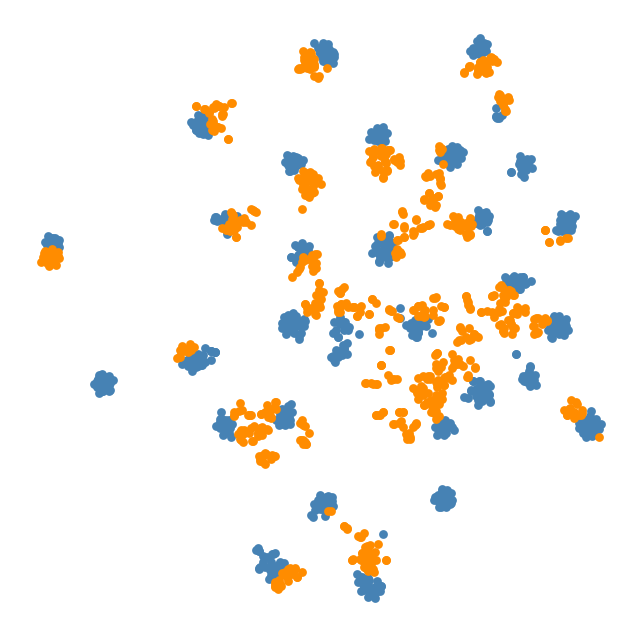
|
Mohamed Azzam, Si Wu, Yang Zhang, Aurele Tohokantche Gnanha, Hau-San Wong The International Joint Conference on Neural Networks (IJCNN), 2021 Our proposed Adversarially Smoothed Feature Alignment (AdvSFA) model is designed to identify ambiguous target inputs by maximizing classifiers' discrepancy in an extended class space. This enables the generator to receive valuable feedback from the classifiers and consequently learn more discriminative and smooth representation. |
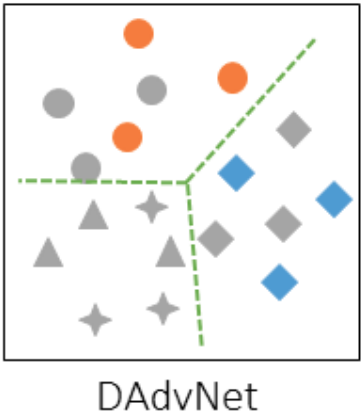
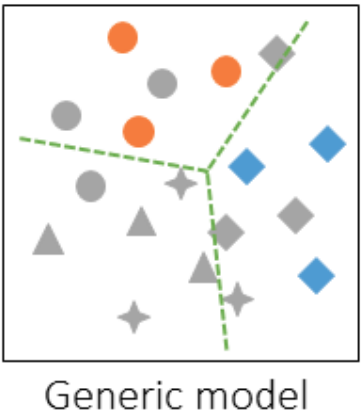
|
Haohong Zhou, Mohamed Azzam, Jian Zhong, Cheng Liu, Si Wu, Hau-San Wong IEEE Transactions on Image Processing, 2021 - IF = 9.34 We propose a Knowledge Exchange (KnowEx) model which jointly trains two complementary constituent networks: (1) a Domain-Adversarial Network (DAdvNet) learning the domain-invariant representation, through which the supervision in source domain can be exploited to infer the class information of unlabeled target data; (2) a Private Network (PrivNet) exclusive for target domain, which is beneficial for discriminating between instances from known and unknown classes. The two constituent networks exchange training experience in the learning process. |
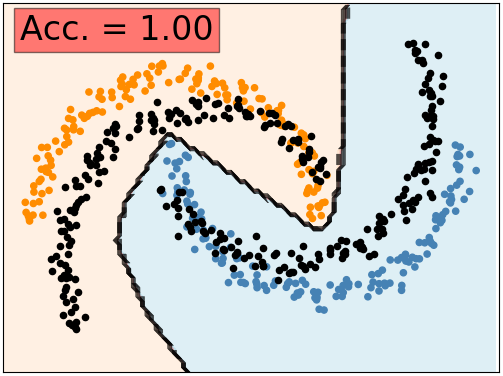
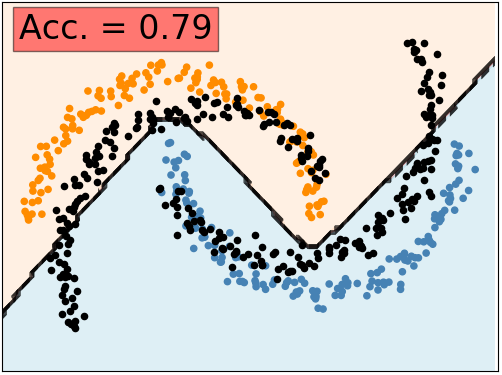
|
Mohamed Azzam, Si Wu, Aurele Tohokantche Gnanha, Qianfen Jiao, Hau-San Wong IEEE International Conference on Multimedia and Expo (ICME), 2021 (Oral) - Accept. rate = 15% Two classifiers are used to align clusters of the extracted features from source and target domains. This enables the model to retain the original clustering characteristics of the target data during feature alignment. Furthermore, the feature alignment is also constrained to be resistant to adversarial perturbations based on the complementary views of the two classifiers. The proposed model exhibits superior results across various adaptation tasks. |
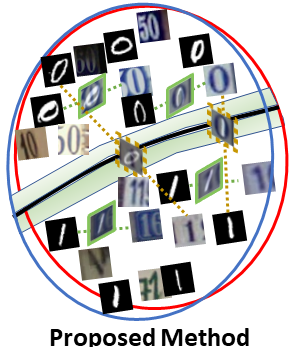
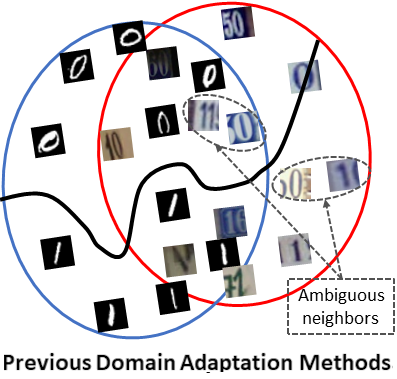
|
Mohamed Azzam, Aurele Tohokantche Gnanha, Hau-San Wong, Si Wu 25th International Conference on Pattern Recognition (ICPR), 2020 We propose two strategies. First, we incorporate a domain mixup strategy in domain adversarial learning model by linearly interpolating between the source and target domain samples. This allows the latent space to be continuous and yields an improvement of the domain matching. Second, the domain discriminator is regularized via judging the relative difference between both domains for the input mixup features, which speeds up the domain matching. |
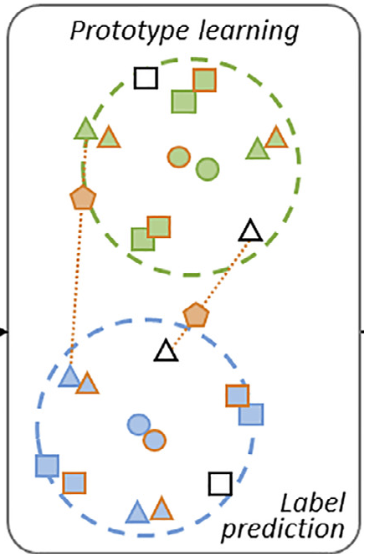
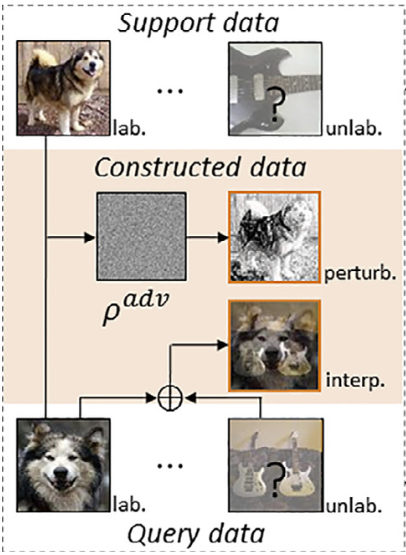
|
Shixin Huang, Xiangping Zeng, Si Wu, Zhiwen Yu, Mohamed Azzam, Hau-San Wong Pattern Recognition, 2021 - IF = 7.196 We propose a BR-ProtoNet for few-shot image classification in semi-supervised scenarios. To learn a generalizable metric, we exploit readily-available unlabeled data and construct complementary constraints to regularize the model’s behavior. Specifically, we match the label spaces between each episode and the whole training set. We further construct new instances via adversarial perturbation and interpolation. |
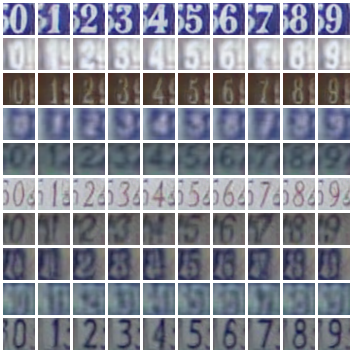
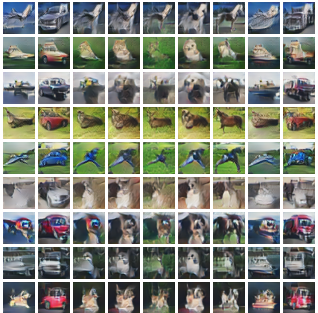
|
Mohamed Azzam, Wenhao Wu, Wenming Cao, Si Wu, Hau-San Wong IEEE Transactions on Multimedia, 2020 - IF = 6.051 KTransGAN incorporates a classifier to transfer knowledge from the labeled data and performs collaborative learning with the conditional generator. By adopting these measures, KTransGAN is able to approximate the conditional distribution of the unlabeled data and simultaneously introduces a new solution to the unsupervised domain adaptation problem. To mitigate the training difficulty of our generative adversarial networks-based model, variational encoding and feature matching are also considered. |
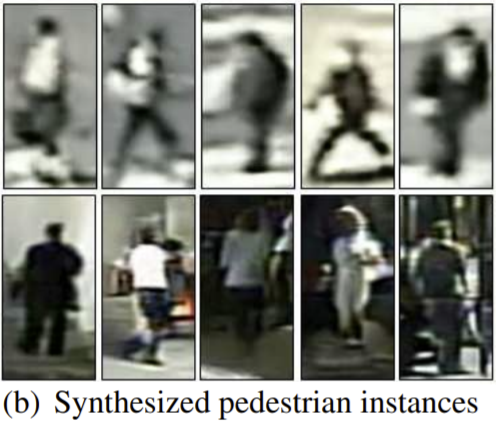
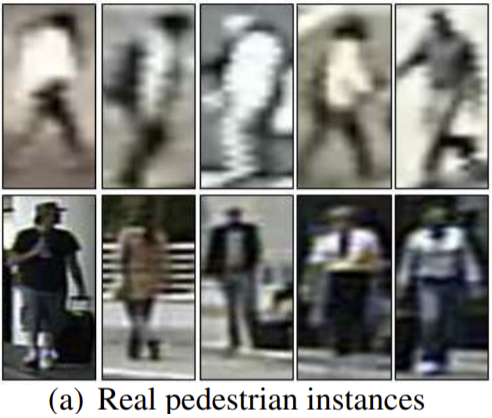
|
Si Wu, Sihao Lin, Wenhao Wu, Mohamed Azzam, Hau-San Wong IEEE/CVF International Conference on Computer Vision (ICCV), 2019 - Acceptance rate = 25% Instead of collecting unreliable detections from unlabeled data, we adopt a class-conditional GAN for synthesizing pedestrian instances to alleviate the problem of insufficient labeled data. |
|
Journals:
Conferences:
|
Acknowledgement goes to Dr. Jon Barron for making the source code of his personal website available.